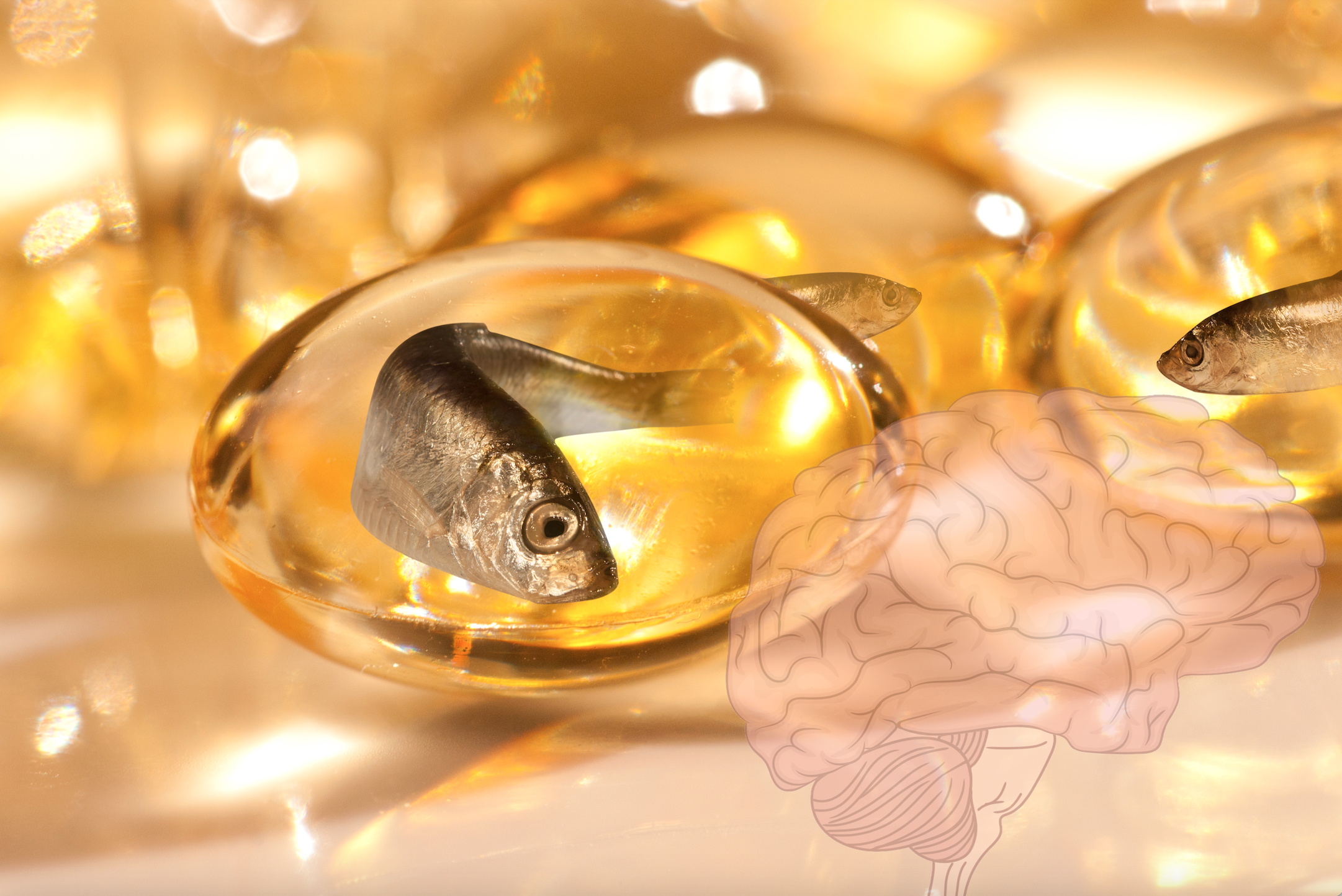Omega-3 fatty acids for Major Depressive Disorder with high inflammation: A randomized dose-finding clinical trial
In order to examine the effects of eicosapentaenoic acid (EPA) at three different dosages vs placebo on inflammatory biomarkers and depressed symptoms, Mischoulon et al. (2022) conducted this study. Sixty-one adults who were not taking medication (75% female; average age 45.5 ± 13.8 years), had a body mass index over 25 kg/m2, were diagnosed with DSM-5 major depressive disorder (MDD), and had a plasma high-sensitivity C-reactive protein (hs-CRP) level of 3.0 mg/L or higher, were randomly assigned to receive EPA at doses of 1 g/d, 2 g/d, or 4 g/d, or a placebo for a 12-week period. The study endpoints included a reduction in plasma inflammatory markers interleukin (IL)-6, cytokines in peripheral blood mononuclear cells (PBMCs), and lipopolysaccharide-stimulated tumor necrosis factor (TNF) production. A reduction of at least 50% in the IDS-C30 (Clinian-Rated version of the Inventory of Depressive Symptomatology) scores was considered a response to treatment. Outcomes were compared across the three EPA doses and placebo. Among the 45 participants who completed the study, only PBMC TNF levels showed a median decrease with EPA 2 g/d. The authors noted that none of the EPA dosages being investigated lead to a significant reduction in plasma IL-6 or mitogen-stimulated TNF. The response rates for EPA 4 g/d were 64%, EPA 1 g/d was 38%, EPA 2 g/d was 36%, and the placebo group was 40%. The fact that these differences did not become statistically significant is notable, however. A strong connection was seen between the reduction in IDS-C30 symptoms at 12 weeks and the percentage drop in plasma hs-CRP when EPA 4 g/d was administered. When compared to a placebo, EPA at a dosage of 4 g/d had a moderate impact size on response rates. This suggests that this higher dose of EPA may be beneficial in alleviating MDD symptoms in overweight individuals with elevated inflammatory markers, and reductions in hs-CRP levels may be associated with clinical improvement. [NPID: Eicosapentaenoic acid, EPA, major depressive disorder, inflammatory biomarkers, placebo-controlled trial, depressive symptoms, hs-CRP, PBMC cytokines, treatment response, overweight individuals]
Year: 2022
 Navigation
Navigation






